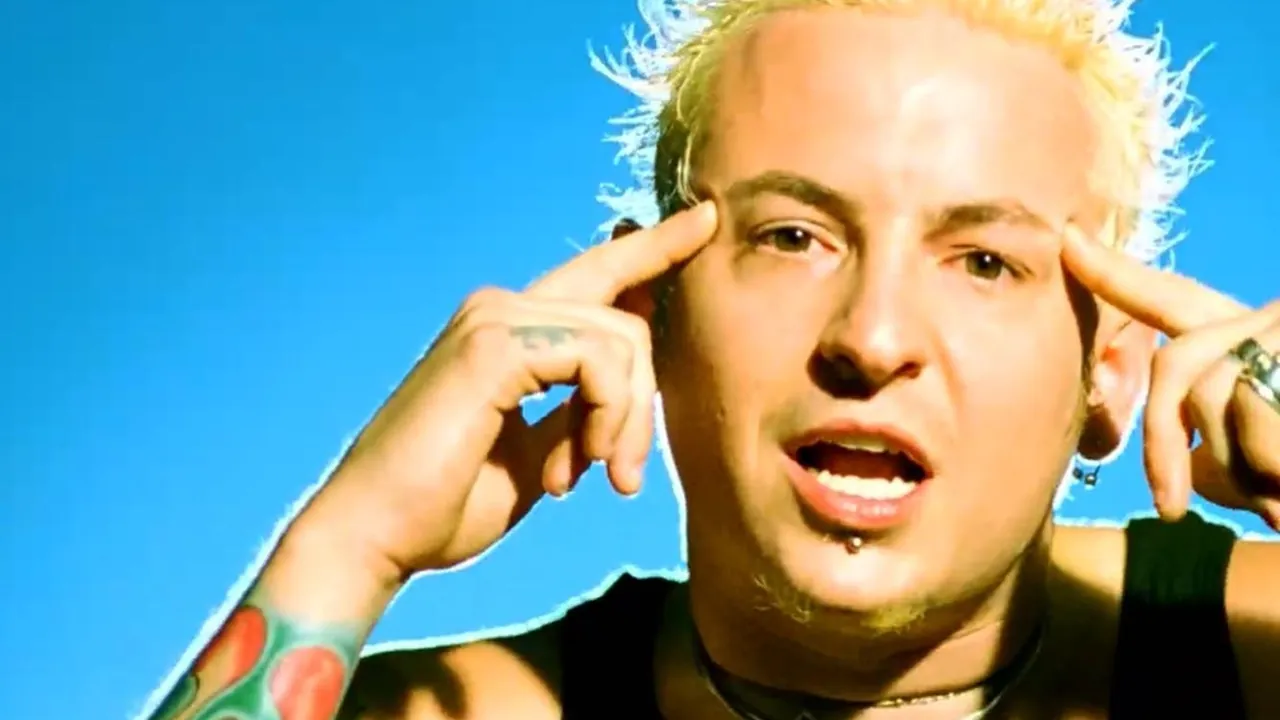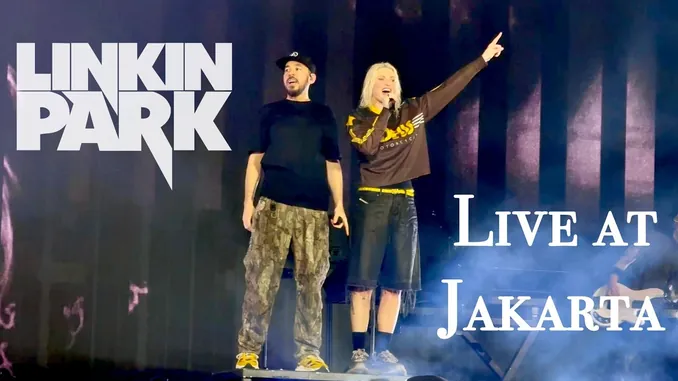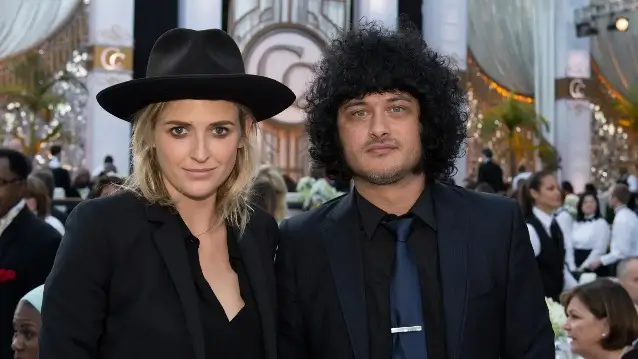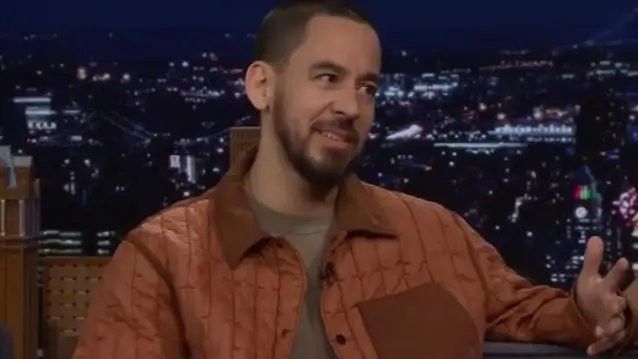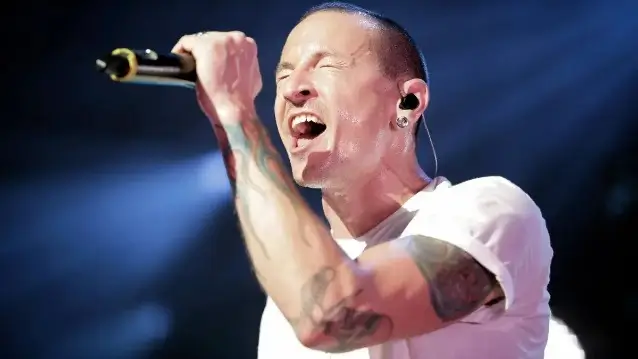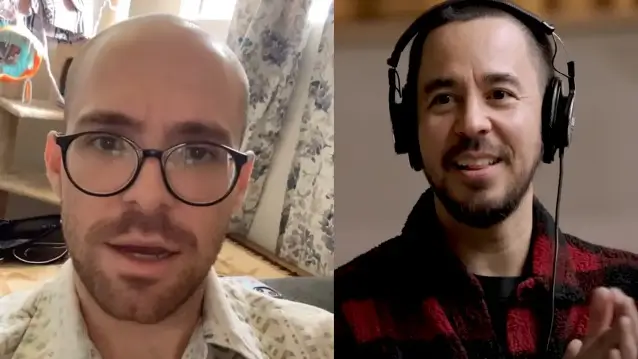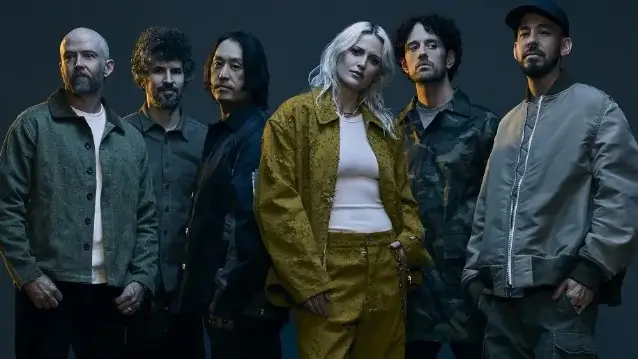Linkin Park’s MIKE SHINODA Says Fan Backlash to EMILY ARMSTRONG Was About Gender: ‘She Wasn’t a Guy’
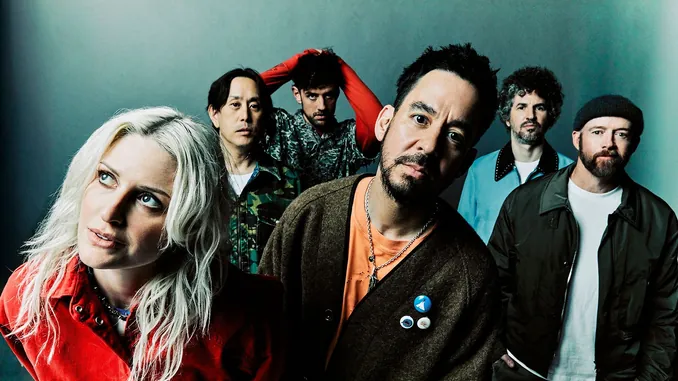
Summary
- Mike Shinoda says backlash to Emily Armstrong fronting Linkin Park was mainly because she wasn’t a male vocalist.
- From Zero tour features new lineup, high energy shows, and avoids certain tracks like One More Light due to emotional weight.
- Emily Armstrong addressed controversy over her Scientology ties and support for Danny Masterson, saying she misjudged the situation.
Linkin Park’s return to the stage after a seven-year break has been met with applause, confusion, and loud opinions online. The band has a new album, a global tour, and a different voice at the front of the stage: Emily Armstrong, formerly of Dead Sara.
The decision to move forward with a new vocalist after Chester Bennington’s death in 2017 was always going to be complicated. But according to co-founder Mike Shinoda, much of the anger aimed at Armstrong had little to do with the music.
Related
“There were people who lashed out at Emily, and it was really because she wasn’t a guy,” he said in a Guardian interview.
Shinoda believes the shift in the band’s sound and image made some listeners uncomfortable. But to him, gender was clearly the root of many complaints.
“They were just so uncomfortable with what it was that they chose a ton of things to complain about. They’re pointing in 10 different directions saying: ‘This is why I’m mad, this is why the band sucks,’” he said.
New Album, New Sound
Linkin Park’s latest release, From Zero, dropped in 2024 and became a surprise hit. It climbed to the top of the charts in 13 countries, produced a number one single (The Emptiness Machine), and even crossed the two billion streams mark, something no other rock band managed in the same year.
The group’s tour has played to packed venues, including a major show at Wembley Stadium, where a crowd of 75,000 sang along to classics like In the End, Faint, and Numb.
Armstrong, 39, has joined Shinoda on stage, blending her voice with his to bring old songs to life while introducing fans to a new era. While her energy and vocal range won praise from many, she quickly became a lightning rod online.
Personal Attacks
As Armstrong stepped into the spotlight, reactions varied. Some welcomed her with open arms. Others didn’t hold back their disapproval.
Chester Bennington’s mother reportedly said she felt “betrayed” that the band moved forward without involving her. Bennington’s son took issue with Armstrong’s past ties to the Church of Scientology, which became a talking point on social media and news outlets.
The controversy intensified after it was revealed that Armstrong once attended a court hearing in support of actor and Scientologist Danny Masterson, who was later convicted of rape.
READ ALSO: Cedric Bixler-Zavala Calls Out Linkin Park’s New Vocalist Amid Controversy
In response, Armstrong issued a public statement:
“Several years ago, I was asked to support someone I considered a friend at a court appearance, and went to one early hearing as an observer. Soon after, I realized I shouldn’t have. I always try to see the good in people, and I misjudged him. I have never spoken with him since. Unimaginable details emerged, and he was later found guilty.”
“To say it as clearly as possible: I do not condone abuse or violence against women, and I empathize with the victims of these crimes.”
Despite the backlash, Armstrong has kept a low profile online.
“I was a little bit naive about it, to be honest,” she said. “If there was something really, really pressing, I think our PR would talk to us about it. But I’m old enough to know the difference between real life and the internet.”
No Room for Missteps
Shinoda said he and the band were fully aware that their decision would cause waves. In an interview on the Broken Record podcast, he reflected on the pressure:
“Here’s a laundry list of the things that people are not gonna like… All the things that anybody on the Internet argued about and continues to argue about our band.”
“The open-mouth breather, neck beard misogynist metal fan who loved our first two records and hasn’t listened to the band since, but like thinks he’s a Linkin Park fan, he’s gonna hate this band and be vocal about it. So, that’s okay.”
According to Shinoda, those old-school critics are being replaced by younger audiences who are more open-minded.
“That person’s gonna get replaced by ostensibly a 15-year-old girl who’s like, ‘I’ve never been into like loud music before, and I wanna learn to play guitar now.’ And I love that.”
The Decision to Continue
For a time, Shinoda wasn’t sure the band would ever return. After Bennington’s suicide, he paused everything and focused on a solo album (Post Traumatic), which helped him process his grief.
“I wanted to make Post Traumatic as a diary of how I felt for myself,” he said. Performing the album live felt like group therapy at first, but over time, it wore him down.
“I would go to the show and spend 90 minutes with half the crowd crying. And I’m like, this is @#$%! exhausting.”
Eventually, Shinoda felt the pull to bring Linkin Park back, but not without a new approach. He invited several artists into the studio without telling them it was a Linkin Park project.
“Two hours into the session, they’d be like: ‘Hey, can I ask you a question? What’s going on here? Who are we writing for?’ And we’d be like: ‘Yeah, we don’t know.’”
He said some singers seemed eager to join the band and were “angling” for the job.
“Like, ‘Look how good I can sing!’ It was such a turn-off.”
Armstrong was different. She said she simply wanted to write music with Mike Shinoda and didn’t expect anything more.
Armstrong’s Style
With bleached hair, oversized jerseys, and a voice that ranges from soft melodies to raw screams, Armstrong fits the band’s aesthetic without trying to replicate what came before. Her presence adds something new without erasing the band’s roots.
“I look at it as: this is your moment to sing,” she said about the fans during shows. “And you sing it better than I do at this point!”
She’s well aware of the legacy she’s stepped into.
“I’m like, you guys are a legacy band, you guys are so important,” she told Shinoda.
He responded with a smirk: “Oh, go on, tell me more!”
What’s Not on the Setlist
Even as the band plays to massive crowds, some songs have been intentionally left out. One of them is One More Light, a ballad written shortly before Bennington’s death.
“That’s just too sad to play,” Shinoda said.
It’s a clear sign that while Linkin Park is moving forward, they aren’t pretending the past didn’t happen. They’re navigating grief and growth at the same time, something few bands attempt in such a public way.
A Different Energy
Today’s Linkin Park shows aim for something lighter. Shinoda said the band is focused on good vibes, high energy, and a sense of fun.
“I want you walking away feeling like, ‘This was such a wonderful, special, fun night.’”
And while the group has changed, Shinoda says the core of the band, its creative heart and emotional depth, remains.
Genres have evolved. So has the lineup. But Shinoda and company aren’t looking back too much.
“Genres are so blended and music is so all over the place, I don’t hate nu-metal any more.”
Neither does Gen Z, it seems.
Got a tip for us? Email: [email protected]
Linkin Park rose to become one of the most influential rock bands of the 21st century. Known for blending heavy guitar riffs, hip-hop beats, and …

